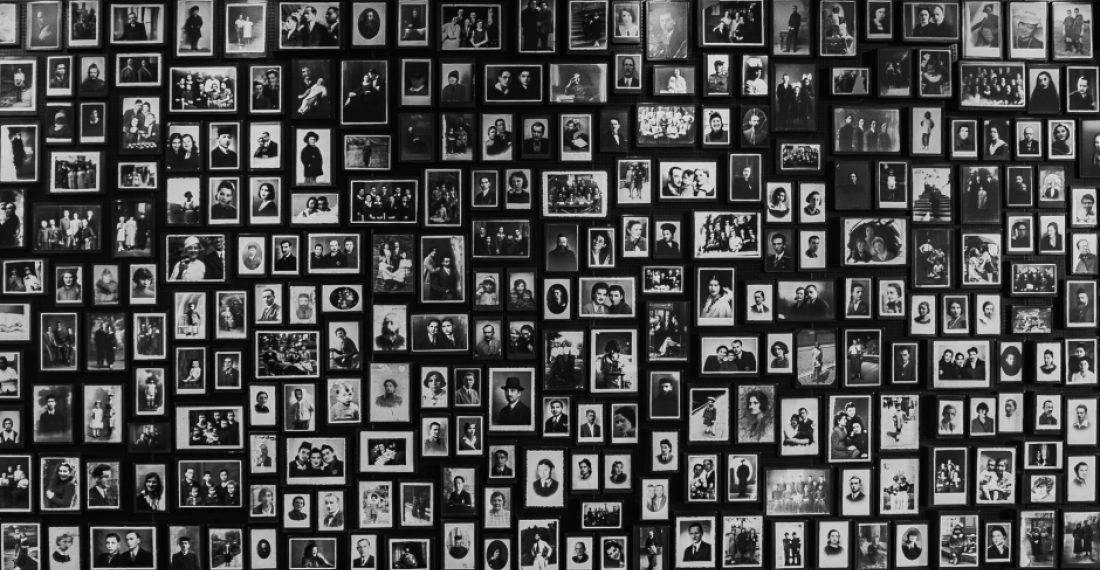A solemn ceremony marking the 80th anniversary of the Nazi Auschwitz death camp’s liberation was attended by global leaders on Monday. The ceremony at the site of the camp, which Nazi Germany set up in occupied Poland during World War II to murder European Jews on a huge scale, was attended by German Chancellor Olaf Scholz, Ukrainian President Volodymyr Zelenskyy, King Charles, French President Emmanuel Macron, Polish President Andrzej Duda and many other leaders. The International Holocaust Remembrance Day commemorates the date when the Nazi Germany-run concentration camp in the Polish town of Oswięcim was liberated by advancing forces of the USSR in 1945.
The Nazis invaded Poland in September 1939 and later converted Auschwitz, an army barracks, into camps. Among them, Auschwitz I and Auschwitz II-Birkenau remained one of its major facilities as eventually it came up as part of the Final Solution, the plan for the genocide of Jews.
Leaders did not make speeches but rather listened for perhaps the last time to those who suffered and witnessed at first hand one of humanity's greatest atrocities. Israel, founded for Jews in the shadow of the Holocaust, sent Education Minister Yoav Kisch. "We see in the modern world today a great increase in antisemitism, and it was antisemitism that led to the Holocaust," said Marian Turski, 98, who was sent to Auschwitz in 1944 and survived the westward "death march" to Buchenwald in 1945. "Let's not be afraid to convince ourselves that we can solve problems between neighbours."
Retired physician Leon Weintraub, 99, who was separated from his family and sent to Auschwitz in 1944, warned of the dangers of intolerance. "I ask you to multiply your efforts to counteract the views whose effects we are commemorating today," he said. Retired pharmacist Janina Iwanska, a Polish Catholic, said that "80 years after the liberation, the world is again in crisis". "Our Jewish-Christian values have been overshadowed worldwide by prejudice, fear, suspicion and extremism," she said. "And the rampant antisemitism that is spreading among the nations is shocking".
Antisemitic incidents have surged along with protests against Israel in many parts of Europe, North America and Australia since Israel launched its assault on the Palestinian enclave of the Gaza Strip after attacks on Israel by Hamas militants on 7 October 2023. Before the ceremony, which took place in a tent built over the gate to the former Auschwitz II-Birkenau camp, leaders stressed how important it was to preserve the memory of the Holocaust. "The act of remembering the evils of the past remains a vital task, and in so doing we inform our present and shape our future," King Charles said during a visit to the Jewish Community Centre in Krakow.
More than 1.1 million people, mostly Jews, perished in gas chambers or from starvation, cold and disease at Auschwitz, where most had been brought in freight wagons, packed like livestock. More than three million of Poland's 3.2 million Jews were murdered by the Nazis. In all, between 1941 and 1945, Nazi Germany and its collaborators systematically murdered six million Jews across German-occupied Europe, along with gypsies, sexual minorities, disabled people and others who offended Nazi ideas of racial superiority.
Source: commonspace.eu with agencies
Photo:Black-and-white photographs of Holocaust victims displayed in the Auschwitz concentration camp in Poland. (Shutterstock/Vedat Kandemir)







